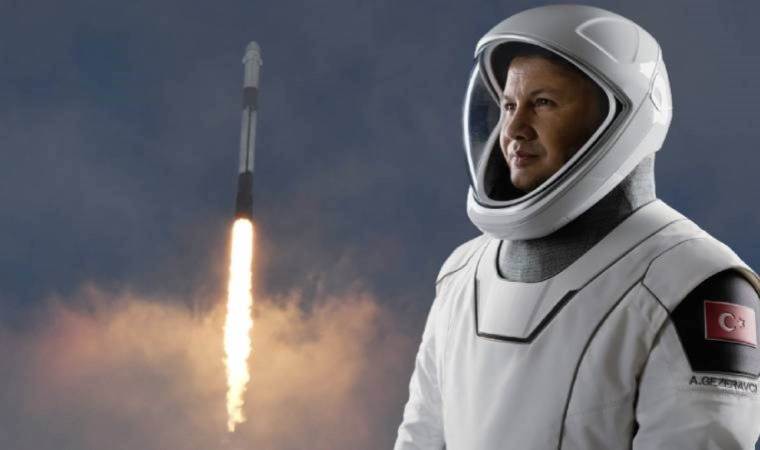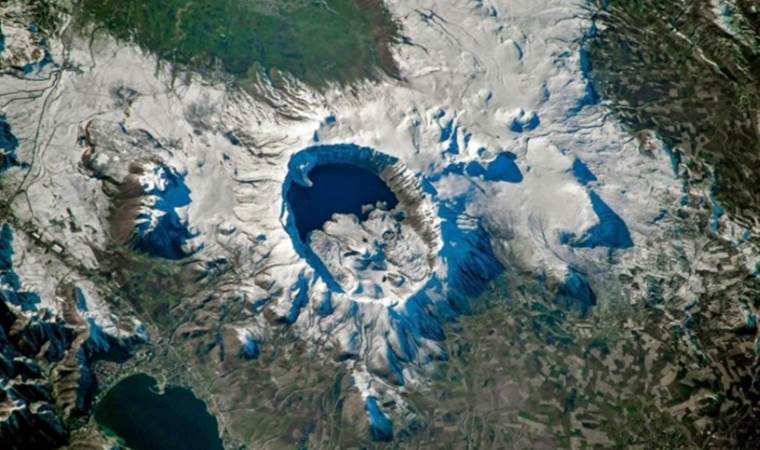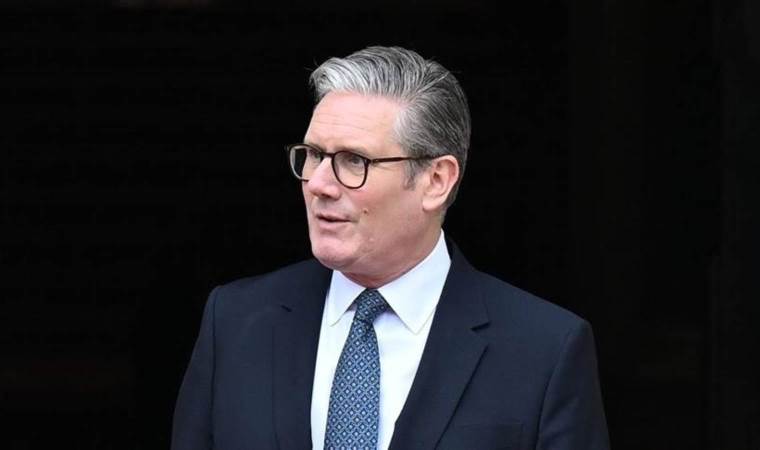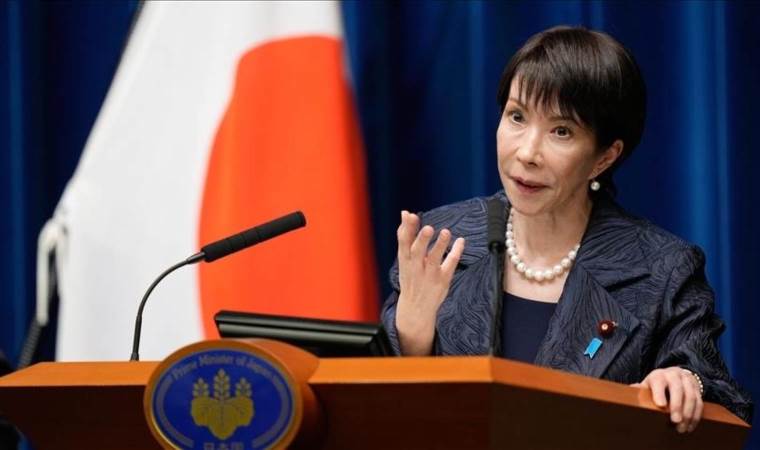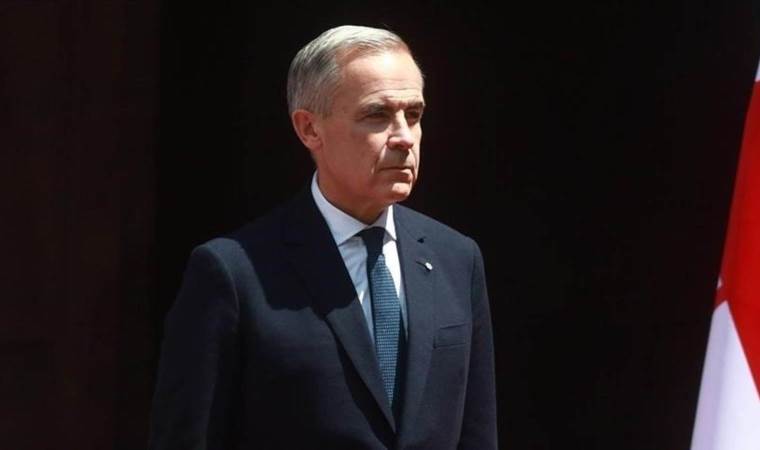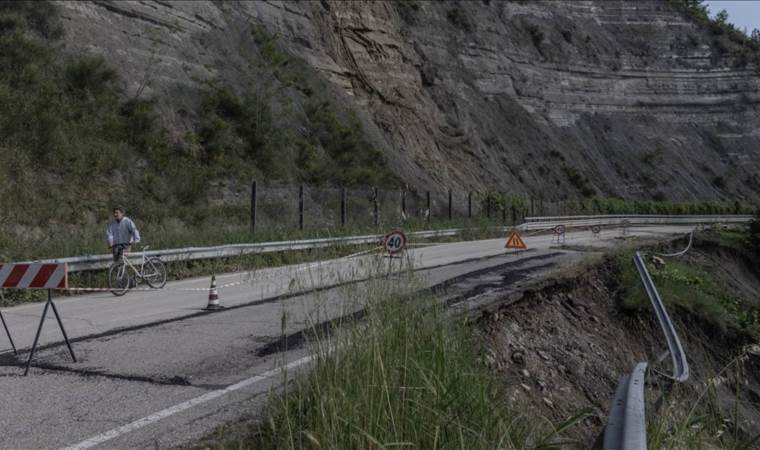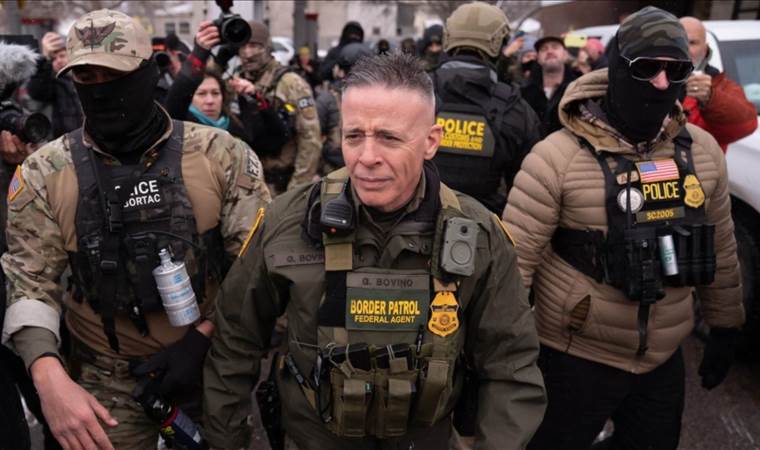First words of astronauts in space
Following the historic moment when Alper Gezeravcı, the "first Turkish astronaut," uttered "The future is in the skies" during his Axiom-3 (Ax-3) space journey, the first expressions of other astronauts in space have become a subject of interest.
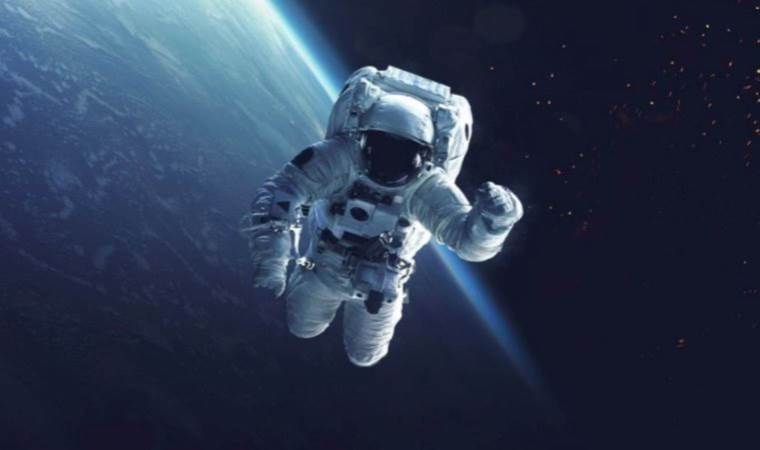
Turkey's first astronaut, Gezeravcı, was part of the SpaceX team that successfully launched from NASA's Kennedy Space Center in Florida.
During a live connection with the Ax-3 crew after the launch, Gezeravcı's first words in space were, "At this historic moment, as the first Turk steps into space for our nation's first manned space mission, I want to start with the wise words of the founder of our Republic of Turkey, Mustafa Kemal Atatürk: 'The future is in the skies.'"
Following Gezeravcı's words, the initial expressions used by other astronauts while in space also sparked curiosity.
"We Have Succeeded in Going to Space"
The first Arab astronaut from the United Arab Emirates, Sultan Al Neyadi, participating in NASA and SpaceX's "Crew-6" mission, began his six-month space journey in March 2023. Neyadi's first words in space were, "Thank God, we have succeeded in going to space. I want to thank everyone, my family, our leader, the Mohammed bin Rashid Space Centre that believed in us, and everyone who prepared us for this launch."
Soviet cosmonaut Yuri Gagarin, known as the "first human in space," during his Vostok 1 mission in 1961, said, "The vehicle is operating normally. I can see the Earth in the viewfinder. Everything is proceeding as planned."
"How Beautiful the Earth Is"
Valentina Tereshkova, the first woman in space who flew on 16 June 1963 and used the codename "Seagull," was 26 years old when she sent this message back to Earth: "This is Seagull. Everything is fine. I can see the horizon, a strip of blue sky. How beautiful the Earth is. Everything is going well."
Alexander Gerst, during his trip to space with NASA astronaut Reid Wiseman and Roscosmos commander Maxim Suraev aboard the Soyuz spacecraft, said in a brief conversation with his family and friends, "This is a wonderful place."
John Glenn, the first American to orbit the Earth on 20 February 1962, circled the Earth three times in 4 hours and 55 minutes in the "Friendship 7" space capsule. Five minutes and 44 seconds after launch, Glenn commented on the view: "This is Friendship 7. I can clearly see the back, a large pattern of clouds towards Cape. Beautiful scenery."
First Words When Landing on the Moon
The first words spoken by American astronaut Neil Armstrong during the "Apollo 11" mission in 1969 as he stepped onto the Moon were, "One small step for man, one giant leap for mankind." The first remarks of Edwin Buzz Aldrin, the second man on the Moon, were in response to Armstrong's question, "Beautiful view."
The seventh person to step on the Moon, David Scott, said, "Standing here in the wonders of the unknown at Hadley, I realize there's a fundamental truth to our nature: Man must explore, and this is exploration at its greatest." Pete Conrad, the third person to experience this, commented, "Mark, it's soft and queasy. Hey, it's smooth here. I'm not sinking in too much."
John Young, the ninth person to walk on the Moon, said, "Here you are: Mysterious and unknown Descartes. Highland plains. Apollo 16 is going to change your image. I’m very glad they got ol’ Brer Rabbit, here, back in the briar patch where he belongs."
Alan Bean, the fourth person to walk on the Moon, first remarked, "How bright the Sun is."
Charlie Duke, the youngest person at age 37 to walk on the Moon during the Apollo 16 mission in 1972, said, "Fantastic. The first step on the lunar surface is super, Tony."
Eugene Cernan, the 11th person to walk on the Moon during the Apollo 17 mission, affected by the Sun's brightness like Alan Bean, said, "Jack, here I am. Oh my God. It's unbelievable. The Sun is so bright. We landed in a very shallow, dish-like crater. It's so shallow, like a dinner plate, just wide enough for the struts. How are you doing, Jack?"
Most Read News
-
 Starmer set for 4-day China visit, 1st by British premie
Starmer set for 4-day China visit, 1st by British premie
-
 Election campaigning begins in Japan for Feb. 8 polls
Election campaigning begins in Japan for Feb. 8 polls
-
 Canada's prime minister walked back 'unfortunate' Davos
Canada's prime minister walked back 'unfortunate' Davos
-
 Death toll in Iran protests climbs to 6,126: Report
Death toll in Iran protests climbs to 6,126: Report
-
 Thousands march in Paris over death of immigrant worker
Thousands march in Paris over death of immigrant worker
-
 Italy declares state of emergency in southern regions fo
Italy declares state of emergency in southern regions fo
-
 Top US Border Patrol official removed from his role: Rep
Top US Border Patrol official removed from his role: Rep
